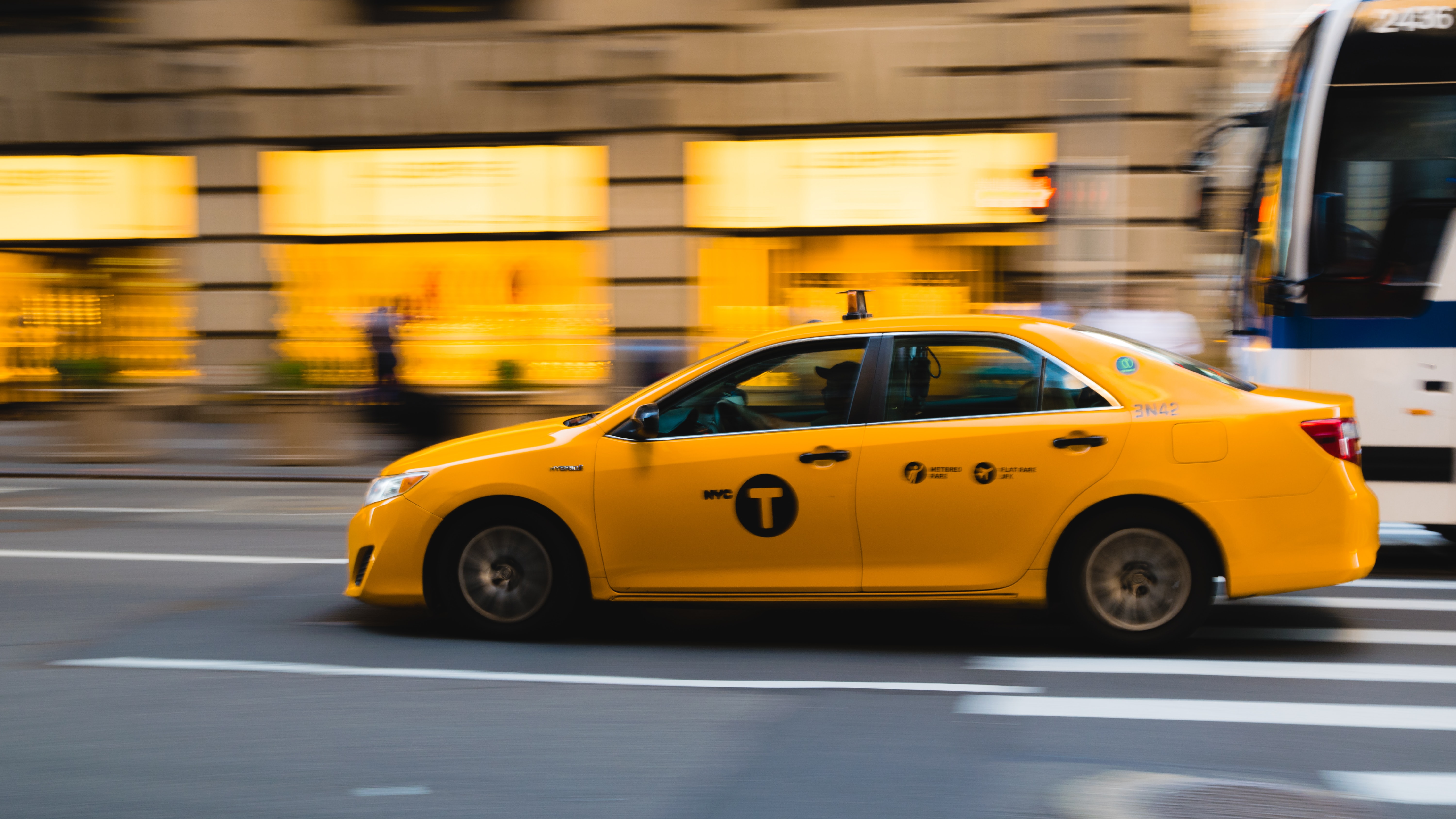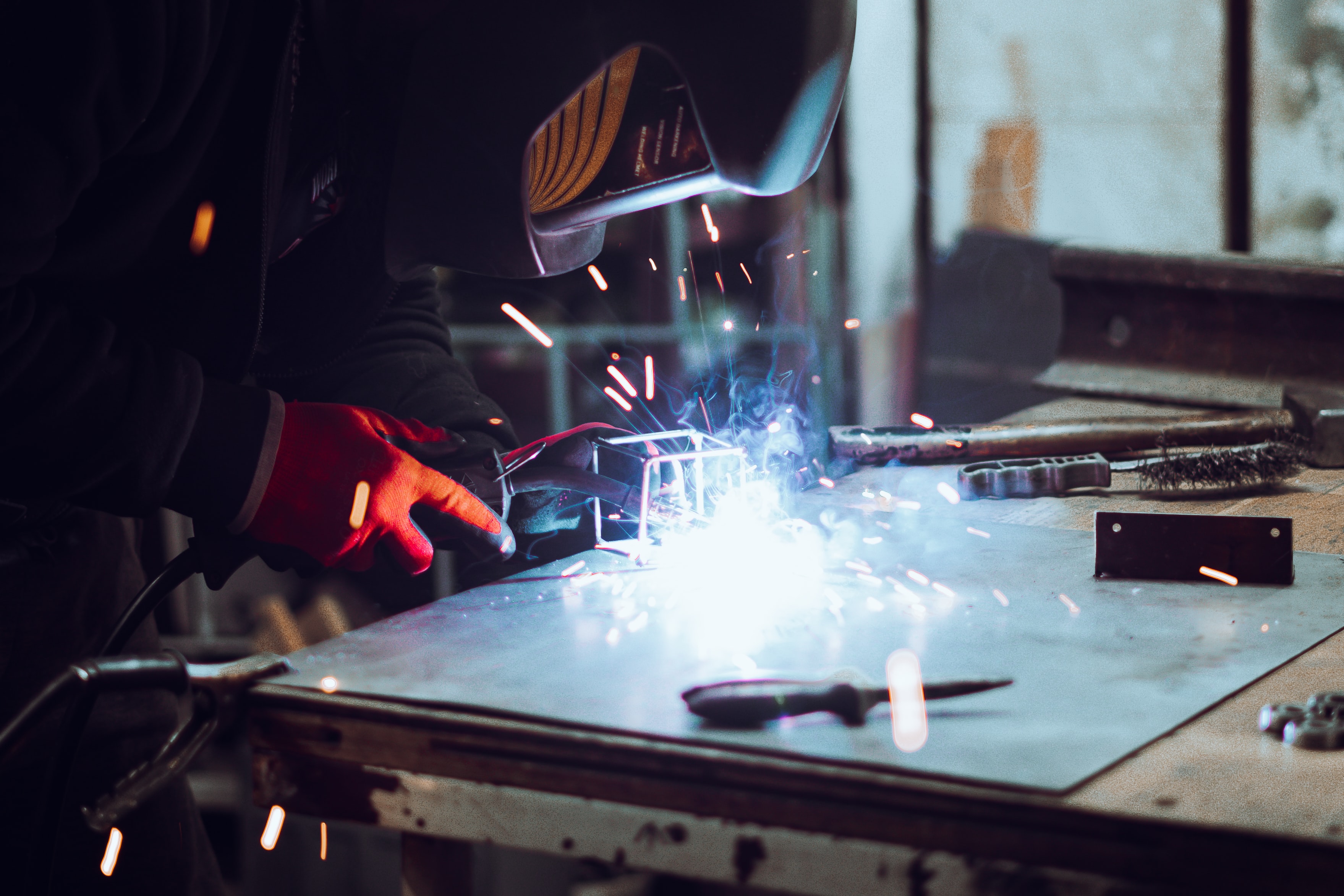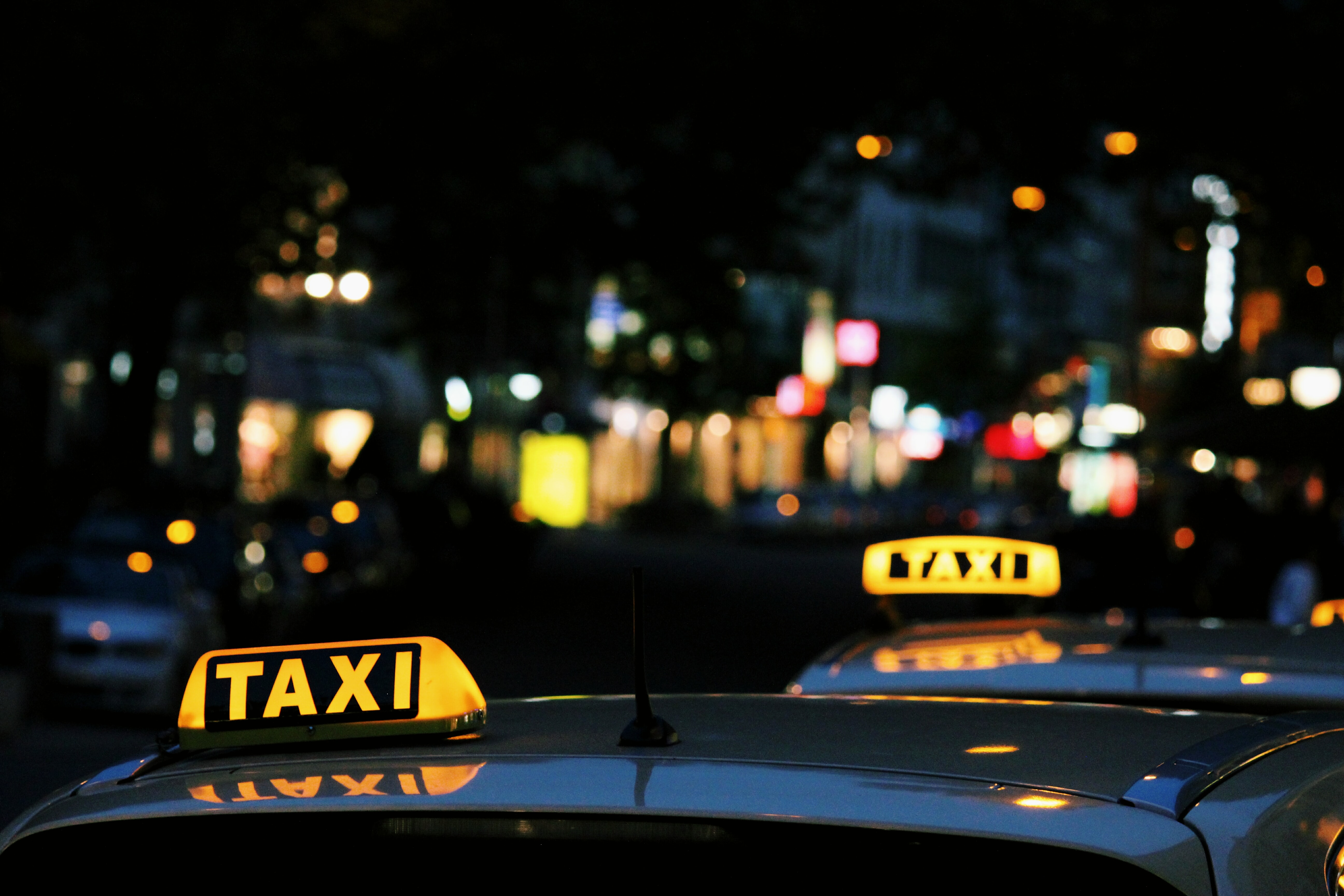Celina Mikolajczak, a senior director for battery pack advancement at Tesla, has been enlisted by Uber to enable the ride-to hail organization’s “flying car” venture to launch successfully. It’s an essential procurement since it signifies that Uber intends to get more associated with the designing facet of this bold sounding undertaking.
For a long time, Mikolajczak occupied the role as senior supervisor and specialized lead for battery technology, cell quality, and materials research. She collaborated with Tesla’s providers, experimented and carried research with the brand’s lithium-ion batteries for long lasting utilization, regulated quality confirmation, and led “failure analysis” to enhance battery cell development and outline enhancements. At the end of the day, Mikolajczak was responsible for ensuring the essential segment in Tesla’s whole sequential line system was top notch.
Presently she works for Uber — and not only for Uber, but rather for Uber Elevate, the aspiring and zealous air taxi service that depends on the effective advancement of electric vertical take-off and landing (eVTOL) vehicles. There are for all intents and purposes zero flying machine that keeps running on completely battery-electric power in the benefit at present, and unquestionably none being utilized as a part of a business ride-hail service. The obstacles related to getting this sort of offering off the ground are very much colossal.
Her role at Uber is the position of director of engineering and energy storage systems, and today denotes her first week at work. She will become acquainted with Mark Moore, the previous technologist executive for on-demand mobility at NASA’s Langley Research Center, who became a part of Uber very nearly a year prior to help and boost its Elevate venture. Both have to report to Jeff Holden, Uber’s chief head of product, who manages this air taxi venture.
Uber first notified its scheme with regards to taking ride-sharing to the skies in a white paper a year ago. At the time, Uber said it wouldn’t manufacture its own eVTOL airplanes, however, stood prepared to “to give lots of enhancement to the new but yet developing VTOL environment and to begin to assume whatever part is most useful to quicken this present industry’s venture.”
Rather, Uber said it would join forces with a modest bunch of airplane producers, land firms, and government controllers to enhance its odds of building up a completely utilitarian, on-demand flying taxi benefit. It held a day-long meeting related to this venture in Dallas in April and plans to organize another one in Los Angeles in one year’s time. In 2020, Uber says its air taxi services administration will take off in three urban communities: LA, Dallas-Fort Worth, and Dubai.
Presently, Uber’s playing a more conspicuous part in the manufacture and assembling of its armada of air taxis, which signify a more grounded sense of duty regarding making this venture a reality — and furthermore to a greater degree an obligation if things, in the long run, go south.
Maybe most eagerly, Uber says the airplane it intends to utilize (in any case, essentially, don’t exist yet) will keep functioning on completely battery-electric power, and no amalgamation of fuel and power. A large portion of the organizations investigating eVTOL concedes that battery’s today aren’t sufficiently light or sufficiently supportive for flights longer than a few minutes time, however many trusts that battery innovation will, in the end, make up for lost time.
Uber trusts that so as to maintain a huge scale new type of transportation, it should focus on an all-electric, zero-operational emanations venture from the beginning. What’s more, since the innovation isn’t at the place it should be yet, the ride-hail organization is playing a more conspicuous part in the enhancement of the battery pack for its air taxi vehicles. Mikolajczak surely has a challenging situation to deal with.



